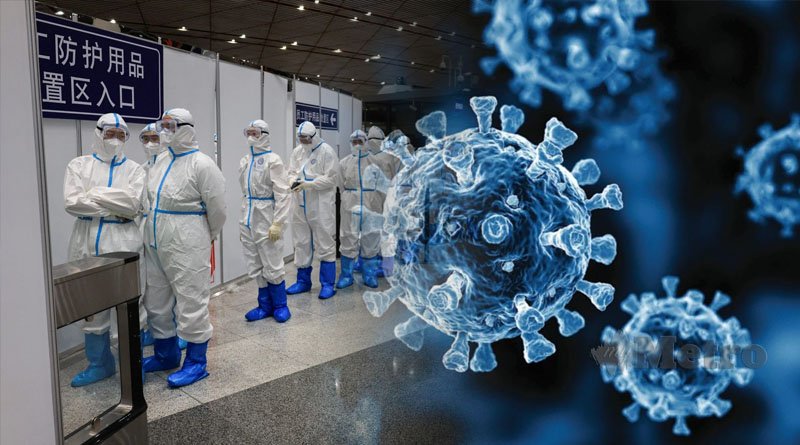During the upcoming Spring Festival, Zhejiang will pay special attention to children, the elderly, and people with underlying diseases, according to Li.

Zhejiang Province has organised thousands of special teams to distribute daily necessities and medical supplies to residents in rural areas to combat the recent surge in COVID-19 infections.
During a recent news conference, Li Qiang, an official with the Zhejiang provincial party committee’s organisation department, stated that over 10,000 teams had been assembled. More than 300,000 social workers, Party members and community cadres, delivery workers, volunteers, and others make up the teams.
In addition to assisting with groceries and sending medical supplies to children, people with underlying diseases, people with limited mobility, and those receiving home-based treatment in Zhejiang’s rural areas, the teams provide other services to residents, particularly seniors, such as home care and companionship, according to Li.
During the upcoming Spring Festival, Zhejiang will pay special attention to children, the elderly, and people with underlying diseases, according to Li, and will seek to ensure the supply of daily necessities as well as meet people’s needs for medication and medical treatment.
Over 80,000 villages and communities in the province have so far established special teams to cover their geographical grids. Members of the teams are assigned to assist residents in dealing with problems in each grid.
“The teams have helped relieve our worries,” said Fang Huafen, secretary of the Lucheng community committee in Linhai city’s Gucheng subdistrict, where 228 teams have been dispatched to deliver meals and medicines to the elderly, help them purchase daily necessities, and provide various care services.
According to Fang, the community has more than 5,000 people over the age of 60, many of whom live alone, are incapacitated, or suffer from severe diseases.
In the city’s mountainous Youxi township, where medical resources are scarcer, 23 teams have been dispatched to assess residents’ needs for medications and other services. They have provided one-on-one and door-to-door delivery services for vulnerable groups, particularly low-income households, elderly people living alone, children, and the disabled.
Aside from providing delivery and care services, these special teams have been regularly informing rural residents about the most recent developments and information on COVID-19 infections, as well as explaining the appropriate protective measures and ways to fight infection.
Residents are encouraged to take the initiative and share medications and assist one another.
The special teams have been active in cities such as Hangzhou, Ningbo, Shaoxing, and Wenzhou across Zhejiang. Each team in Hangzhou’s Linping district has a health service specialist who can provide professional medical advice to residents on the go.
The teams in the Ningbo village of Tongjia have established a three-tiered health monitoring mechanism for all of its 320 senior villagers, recording their health conditions every day and responding accordingly.
Over the last two weeks, authorities in the province have distributed free kits containing fever medicine, sanitizers, and masks to residents over the age of 60, with a particular focus on rural areas.
According to the Zhejiang Provincial Department of Agriculture and Rural Affairs, 8.77 million kits were distributed to the province’s rural residents by January 3, with over 245,000 seniors living alone and over 30,000 left-behind children under 14 reached through one-on-one contact.
Zhejiang has successfully completed the first COVID-19 infections peak, provincial authorities announced on Monday. To reduce health risks, the province has increased its efforts to improve its capacity to provide COVID-19 patients with pre-emergency hospitalization services.
